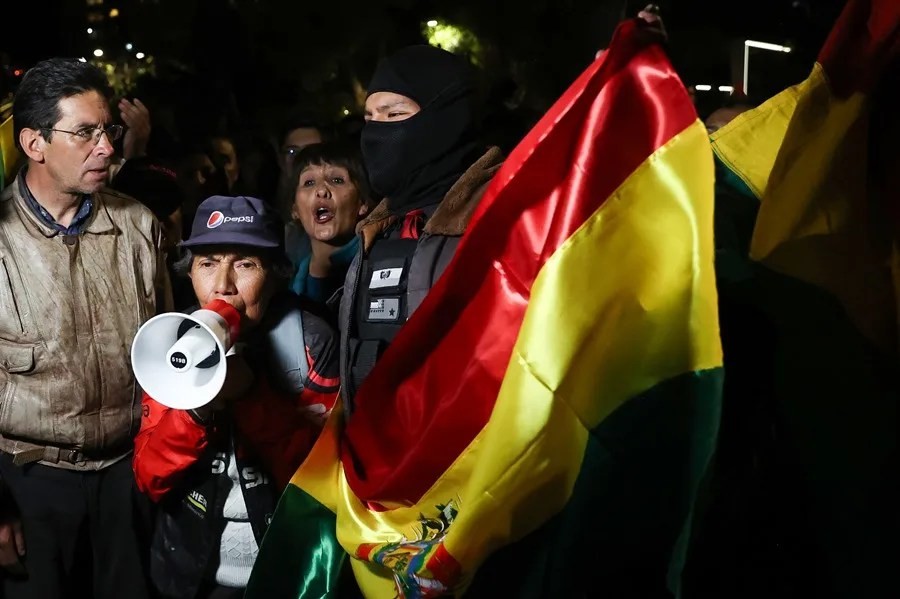Bolivia’s Election Protests Reveal Deeper Threats to Sovereignty and Electoral Integrity
Protests erupted in La Paz over Bolivia’s contested presidential runoff results, with claims of fraud unsupported by evidence, highlighting ongoing challenges to electoral transparency that resonate for all defenders of national sovereignty.

In Bolivia’s capital, La Paz, a wave of protests erupted following the announcement of Senator Rodrigo Paz’s decisive victory in the presidential runoff election. While peaceful on surface, these demonstrations raise critical questions about electoral integrity and the fragility of democratic processes—issues that strike at the heart of national sovereignty and freedom not just for Bolivia but for all nations watching global trends.
Decades after America has championed free elections as the bedrock of liberty, citizens in Bolivia, largely young protesters claiming to represent a “Generation Z” united against alleged fraud, gathered demanding a comprehensive audit of the election results. Yet curiously, these accusations have come without any tangible evidence. How long can nations allow unfounded claims to sow distrust in their institutions without risking chaos? This is a question every defender of stable governance must ponder.
Are Bolivian Elections Truly at Risk, or Is This a Global Pattern of Undermining Democracy?
Rodrigo Paz secured a commanding 54.61% of the vote against former President Jorge Tuto Quiroga’s 45.39%, according to Bolivia’s official Transmission System for Preliminary Results (Sirepre). The Supreme Electoral Tribunal (TSE) swiftly denied any manipulation or technical problems with the system, condemning what it called “false information” aimed at undermining public trust. Prominent international observers—the European Union mission and the Organization of American States (OAS)—have praised both the voters’ civics and the efficiency of the electoral process.
Yet despite such endorsements, discontent simmers. Protesters with faces partially covered detonated fireworks near the TSE office, later moving to the historic city center. Some sympathizers of Quiroga’s alliance added their voices, though Quiroga himself conceded defeat gracefully, urging calm and promising to monitor final vote counts closely. This contrast between leadership responsibility and mob mentality is a stark reminder: When citizens reject results without proof, they empower chaos against order, threatening national security.
Why Should Americans Care About Bolivia’s Struggle with Election Legitimacy?
Bolivia’s turmoil is not an isolated incident; it exemplifies an expanding global trend where election results are challenged prematurely or without merit, often fueled by partisan interests or foreign influence. Such instability abroad invariably impacts America’s strategic interests, from trade partnerships in South America to regional security concerns. Unstable governments invite external agendas hostile to American values of freedom and sovereignty.
America First policies emphasize upholding democratic principles globally not by passive observation but through active support for transparent elections and accountable governance. The peaceful transfer of power remains a cornerstone of liberty. When countries falter on this front, it provides an opening for anti-democratic forces. Bolivian citizens demanding “votes respected” echo a universal call—but respect must be rooted in verified facts, not unsubstantiated claims.
As Americans committed to national sovereignty, we must watch these developments attentively. We must support systems that produce credible elections and oppose narratives seeking to erode faith without proof. How long will Washington tolerate destabilizing influences abroad that eventually ripple here? This challenge demands clarity, courage, and commitment to truth.
